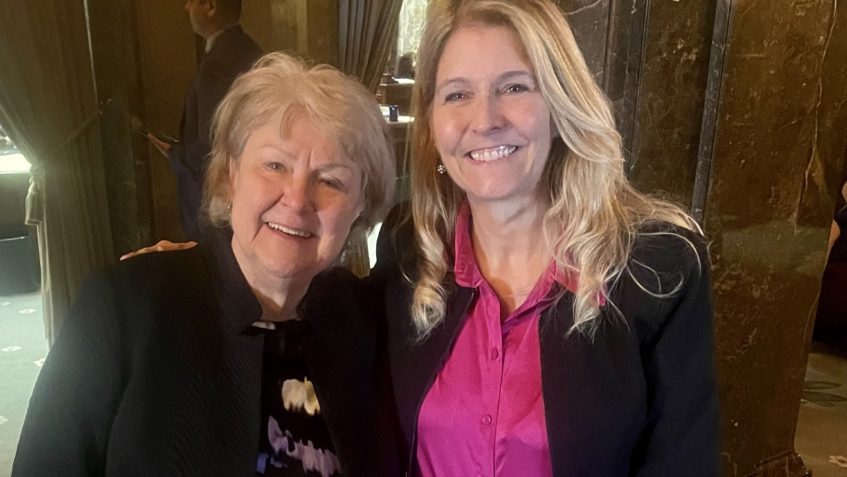OLYMPIA — Residents living near Sea-Tac International Airport, who face disproportionate health risks due to aircraft noise and pollution, could receive assistance to repair failing soundproofing for their houses under legislation passed with overwhelming bipartisan support by the House today.
SB 5955, sponsored by Sen. Karen Keiser (D-Des Moines), establishes a grant program managed by the Washington State Department of Commerce, which would assist the port of Seattle in undertaking a program to repair home noise mitigation equipment that is not working properly.
“We ask people in airport communities to tolerate high levels of noise from air traffic that benefits our whole state,” said Keiser. “The least we can do is ensure that whatever noise mitigation assistance homeowners receive actually works the way it’s intended to rather than infesting their homes with mold.”
In the House, a companion bill was sponsored by Rep. Tina Orwall (D-Des Moines). The joint effort by the two lawmakers in the district they represent has built a landmark partnership between the Port of Seattle, the State of Washington, King County, cities in the area, and airport communities.
“While SeaTac connects us globally, it is one of the fastest-growing airports in the nation and, with over 1,000 flights per day, it has an enormous impact on residents in our area,” said Orwall. “We are proud to have brought state and city partners, community members and port leaders together for this critical first step to assist struggling homeowners.”
Over the past 30 years, the Federal Aviation Administration and the Port of Seattle have attempted to provide relief to many homeowners near Sea-Tac Airport in the form of “port packages”— home improvements including double-pane and triple-pane windows and sound-dampening insulation to shield them from the noise of airplanes taking off and landing nearby.
However, many earlier port packages failed within a few years, leaking and allowing mold to grow between the panes of the windows. The Commerce Department would help rectify those problems through a grant program financed by a new port district equity fund that can accept contributions from the state, local governments, the port, and private individuals or groups.
“The collaboration among all parties involved has culminated in finally addressing the needs of homeowners who have been waiting for years for assistance,” said Keiser. “I am thrilled everyone was able to come together to establish this grant program.”
The bill provides for five years of funding as well as a report on the number of homes repaired and the number that still need repair.
A window installed many years ago for 33rd Legislative District constituent Mr. Lee of SeaTac is infested with mold between the panes, impossible to clean. He has been on a waiting list for a replacement for eight years.
The bill now goes to the governor for his signature.





